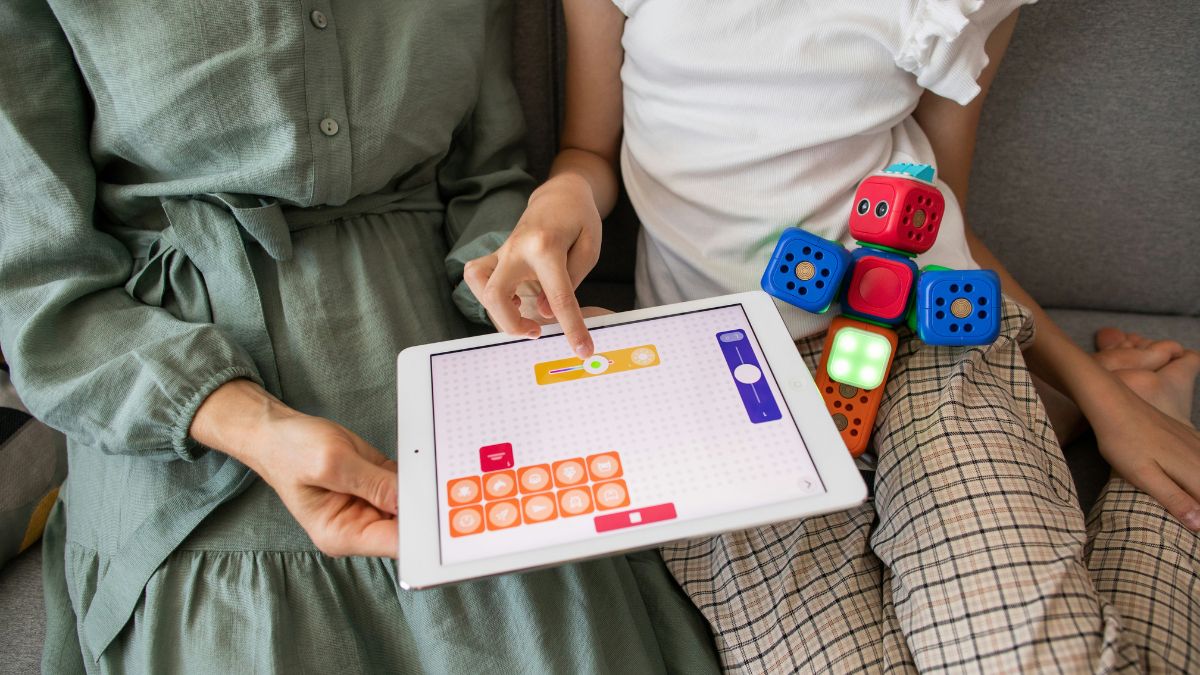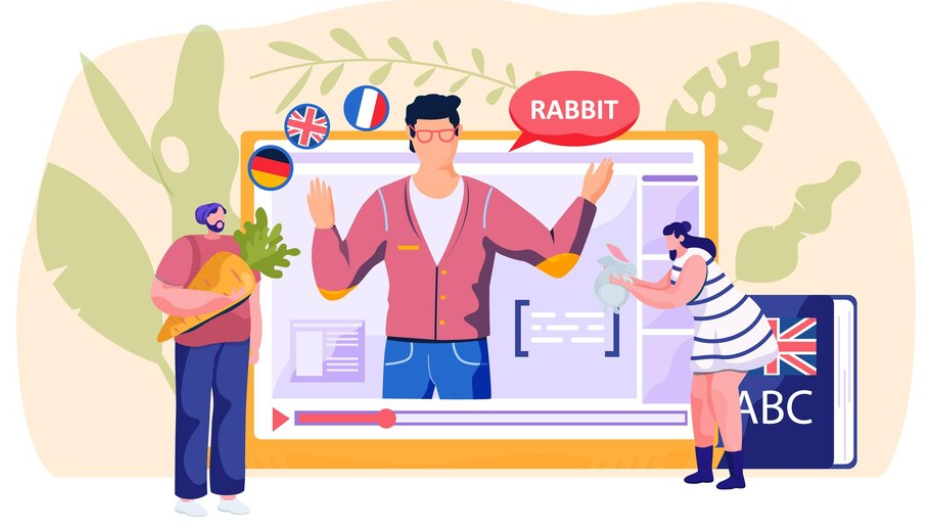Are you ready to unlock the world of words and fun with your little one? Crossword puzzles may seem like a game for adults, but they can also be an incredible tool for early education in children. Join us as we explore the Early Education for Short WSJ Crossword and discover how they can ignite a passion for learning in young minds!
The Benefits of Solving Crossword Puzzles for Children
Crossword puzzles offer more than just entertainment; they provide a myriad of benefits for children’s cognitive development. When kids engage in solving crosswords, they sharpen their problem-solving skills by deciphering clues and filling in the blanks with the correct words. This process enhances their critical thinking abilities as they analyze and deduce solutions.
Furthermore, Early Education for Short WSJ Crossword boost vocabulary expansion among children. By encountering new words within the context of the puzzle, kids not only learn the meaning but also how to spell them correctly. This exposure to diverse vocabulary enriches their language skills and aids in better communication both verbally and in writing.
Moreover, completing crossword puzzles instills a sense of accomplishment and boosts self-confidence in children. The satisfaction derived from cracking a challenging clue fosters perseverance and determination while reinforcing positive reinforcement for their efforts.
In addition to intellectual growth, solving crosswords can be a fun bonding activity for families or classmates. It encourages teamwork, cooperation, and friendly competition that promote social interaction while enhancing collaborative skills among children.
Tips for Teaching Crossword Skills to Young Children
When it comes to teaching young children crossword skills, incorporating fun and interactive methods is key. Start by introducing them to simple puzzles with familiar words. Encourage them to use picture clues or context to help solve the answers.
Make learning crossword skills a bonding activity by solving puzzles together. This not only strengthens their skills but also fosters a love for problem-solving. As they progress, challenge them with slightly more complex puzzles while providing gentle guidance when needed.
Patience is crucial when teaching crossword skills. Allow children the time to think and process the clues without rushing them. Praise their efforts and celebrate small victories along the way to boost their confidence.
Incorporating crossword activities into daily routines can make learning feel less like a task and more like an enjoyable pastime. Whether it’s during car rides, before bedtime, or as part of weekend family time, making crosswords a regular part of their routine can significantly enhance their skills over time.
Fun and Interactive Crossword Activities for Early Education
Looking for fun ways to introduce your child to the world of crossword puzzles? Here are some interactive activities that can make learning enjoyable and engaging.
Create a mini crossword with familiar words from their favorite storybook or cartoon. Use colorful markers and stickers to make it visually appealing.
Turn learning into a game by organizing a crossword race where kids compete to see who can complete the puzzle first. Make sure to have small prizes ready for the winners!
Incorporate sensory elements by using materials like play dough or magnetic letters for children to form words within the crossword grid.
Take advantage of online resources that offer kid-friendly crossword puzzles, allowing them to practice their skills in a digital format.
Encourage teamwork by solving crosswords together as a family, fostering collaboration and bonding while enhancing problem-solving abilities.
By making crossword activities exciting and interactive, you can help nurture your child’s love for puzzles while boosting their cognitive development.
Incorporating Technology into Crossword Learning
When it comes to teaching crossword skills to young children, incorporating technology can add a modern twist to traditional learning methods.
Interactive crossword apps and online platforms provide a fun and engaging way for kids to practice vocabulary, spelling, and critical thinking skills. These digital tools offer immediate feedback, making the learning process more dynamic.
By using technology in crossword learning, children can access puzzles tailored to their skill level and interests. This personalized approach keeps them motivated and eager to solve more challenges.
Additionally, multimedia elements like audio clues or animated characters can make the learning experience even more enjoyable for kids. Technology adds an extra layer of excitement that traditional pen-and-paper puzzles may not always provide.
Integrating technology into crossword learning opens up new possibilities for educational growth while keeping children entertained along the way.
The Impact of Early Education on Cruciverbalist Skills
Early Education for Short WSJ Crossword plays a crucial role in shaping children’s cruciverbalist skills. Introducing crossword puzzles at a young age can enhance vocabulary, critical thinking, and problem-solving abilities. As kids engage with clues and fill in answers, they are honing their cognitive skills without even realizing it.
By encouraging children to tackle crosswords early on, parents and educators are fostering a love for wordplay that can last a lifetime. The sense of accomplishment that comes from completing a puzzle boosts confidence and encourages perseverance when faced with challenges.
Through consistent exposure to crosswords during early education, children develop the ability to think creatively and analytically while expanding their knowledge base across various subjects. This not only benefits their academic performance but also sharpens their overall cognitive development.
The impact of early education on cruciverbalist skills extends beyond simply solving puzzles; it instills valuable life skills such as patience, attention to detail, and the importance of continuous learning. By nurturing these qualities through crossword activities from an early age, children are better equipped to excel academically and approach complex problems with ease.
Conclusion: Encouraging Your Child’s Love for Puzzles
Incorporating Early Education for Short WSJ Crossword can have numerous benefits, from improving vocabulary and cognitive skills to fostering a love for problem-solving. By introducing fun and interactive activities that make learning enjoyable, you can help your child develop essential cruciverbalist skills that will serve them well in the future.
Remember to be patient and supportive as your child navigates through the world of crosswords. Celebrate their achievements no matter how small, and encourage them to keep challenging themselves with new puzzles. With time and practice, they will not only become proficient at solving crosswords but also develop a passion for puzzles that will stay with them throughout their lives.
So, embrace the joy of puzzling together with your child and watch as their curiosity, creativity, and critical thinking skills blossom. Who knows? You might just have a budding cruciverbalist in the making!











